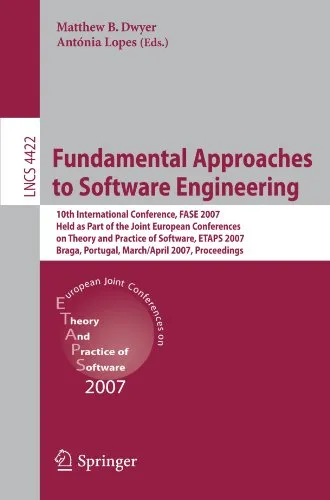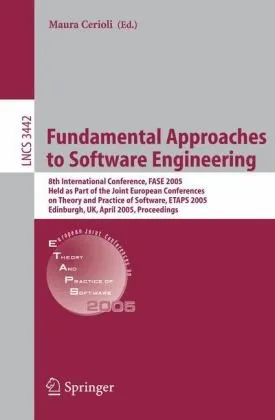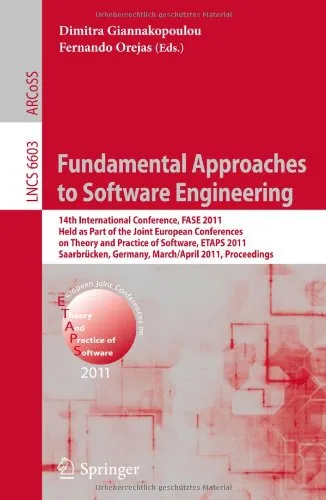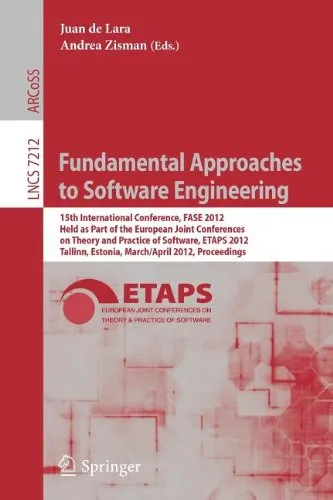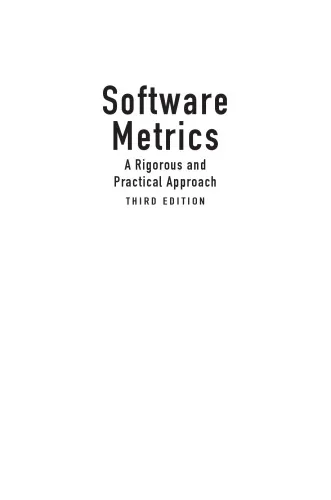Fundamental Approaches to Software Engineering: 6th International Conference, FASE 2003 Held as Part of the Joint European Conferences on Theory and Practice of Software, ETAPS 2003 Warsaw, Poland, April 7–11, 2003 Proceedings
4.5
Reviews from our users

You Can Ask your questions from this book's AI after Login
Each download or ask from book AI costs 2 points. To earn more free points, please visit the Points Guide Page and complete some valuable actions.Related Refrences:
Introduction to "Fundamental Approaches to Software Engineering"
Software engineering is a cornerstone of modern technology, driving innovation and progress across a wide range of industries. "Fundamental Approaches to Software Engineering: 6th International Conference, FASE 2003" captures groundbreaking research and pivotal discussions from the conference held in Warsaw, Poland, as part of the Joint European Conferences on Theory and Practice of Software (ETAPS). This collection of proceedings represents not just the state of the art at the time but also insights into techniques and methodologies that continue to influence software engineering practices today.
Detailed Summary of the Book
The book compiles a variety of research papers and discussions from FASE 2003, offering a multidimensional perspective on software engineering. It provides innovative theories, rigorous formal methods, and practical approaches aimed at solving persistent challenges in software design, implementation, and maintenance. The topics cover a broad range of software engineering domains, including but not limited to:
- Model-driven development and architecture-centric design methodologies.
- Program analysis and verification techniques for improving code reliability.
- Formal methods for specification and testing of software systems.
- Innovative tools and frameworks for improving software development processes.
A special emphasis is placed on bridging the gap between theoretical insights and applied strategies, making this book a valuable resource for both academics and practitioners. The proceedings also explore the integration of emerging technologies and principles into software engineering workflows, highlighting the synergy between theory and practice.
Each chapter is meticulously curated to represent diverse perspectives, reflecting the collaborative and interdisciplinary nature of software engineering research. From pragmatic applications to conceptual frameworks, readers will find a wealth of information that enhances their understanding of how software systems are built and maintained.
Key Takeaways
This book serves as a comprehensive guide for software engineers and researchers aiming to expand their knowledge and refine their craft. Here are some of the key takeaways:
- The interplay between theory and practice is crucial for advancing software engineering; emerging theoretical constructs must align with real-world applications.
- Formal methods and automation tools are vital for verifying and ensuring the reliability of modern software systems, especially in safety-critical domains.
- Collaborative and interdisciplinary approaches can significantly enhance software development processes, leading to more robust and efficient outcomes.
- Model-driven and architecture-centric strategies can help streamline complex software projects, making them more manageable and adaptable.
- Software engineering is an ever-evolving discipline that benefits immensely from both academic research and industrial feedback.
Famous Quotes from the Book
One of the distinct features of this book is its ability to interweave thoughtful insights with technical content. Here are a few notable quotes from the proceedings:
"Formal methods are not merely abstract exercises; they are tools for envisioning and realizing systems where correctness is paramount."
"Software engineering is not just about crafting code; it's about architecting solutions that endure complexity and change."
"Collaboration between academia and industry is no longer a luxury; it is a necessity for driving innovation and solving real-world challenges."
Why This Book Matters
The significance of "Fundamental Approaches to Software Engineering" lies in its holistic approach to addressing software engineering challenges. At a time when software systems were becoming indispensable to industries ranging from healthcare to finance, this book provided a roadmap for bridging the gap between theoretical rigor and practical applicability.
Aspiring and seasoned professionals alike will benefit from its emphasis on methodologies that are not only innovative but also sustainable and scalable. Additionally, educators will find this book a key resource for exposing students to some of the most critical concepts and challenges in software engineering. Its thought-provoking discussions and detailed research contributions cater to a global audience, making it a timeless reference in the field.
Ultimately, this book encapsulates the spirit of the ETAPS 2003 conference: fostering collaboration, advancing knowledge, and building a stronger foundation for the future of software engineering. By remaining relevant and insightful, it underscores the role of academic and industrial collaboration in shaping modern technology.
Free Direct Download
You Can Download this book after Login
Accessing books through legal platforms and public libraries not only supports the rights of authors and publishers but also contributes to the sustainability of reading culture. Before downloading, please take a moment to consider these options.
Find this book on other platforms:
WorldCat helps you find books in libraries worldwide.
See ratings, reviews, and discussions on Goodreads.
Find and buy rare or used books on AbeBooks.
1240
بازدید4.5
امتیاز0
نظر98%
رضایتReviews:
4.5
Based on 0 users review
Questions & Answers
Ask questions about this book or help others by answering
No questions yet. Be the first to ask!
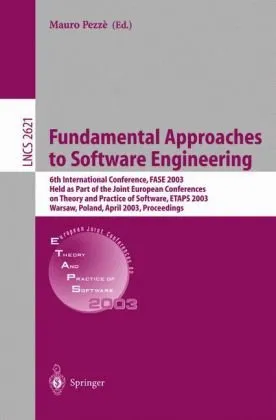
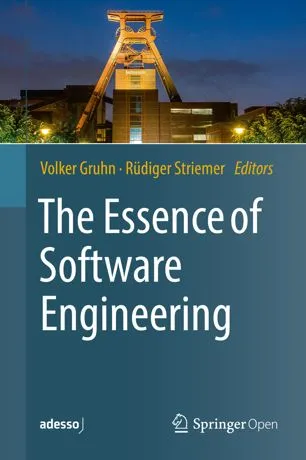
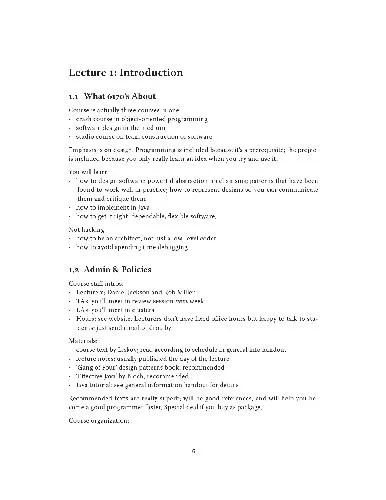
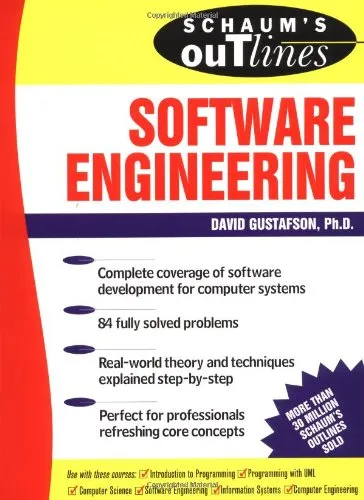
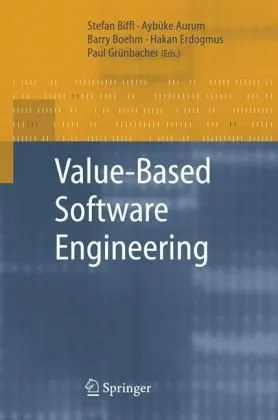
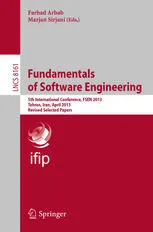
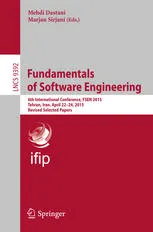
![Fundamentals Of Software Engineering, 5Th Ed [Paperback] Mall](https://s3.refhub.ir/images/thumb/Fundamentals_Of_Software_Engineering__5Th_Ed__31573.webp)
